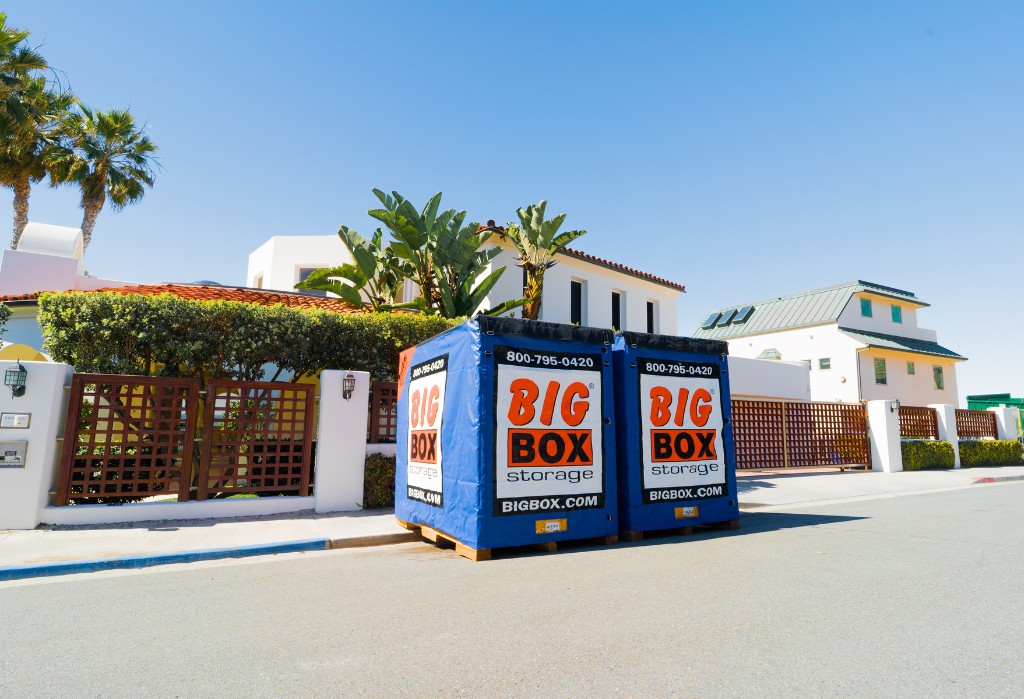Before diving into the art of storing wine, let’s debunk a common myth: not all wines benefit from aging. In fact, most wines, especially newer, less-expensive brands are best enjoyed within a few years of bottling. However, for those special bottles that improve with time, proper storage can enhance their value and flavor. There’s something uniquely rewarding about savoring a well-aged bottle you’ve carefully saved for a meaningful occasion.
If you’re storing wine for over a year or building a serious collection, professional storage is worth considering. A good rule of thumb: if a wine fridge costs less than a quarter of what you spent on wine last year, it might be time to invest in one. For simpler collections, here are some essential tips to ensure your wine stays in peak condition.
Essential Wine Storage Tips
- Temperature Control
- Ideal Temperature: Store wine at around 54°F.
- Avoid Extremes: Temperatures below 45°F slow aging, while above 70°F can accelerate aging and cause oxidation.
- No Temperature Swings: Keep fluctuations to no more than 3°F per day to prevent cork movement or seepage.
- Note: Storing wine in a regular fridge is fine for short periods (up to two months), but prolonged cold storage could cause cork issues or expansion of the wine.
- UV Protection
- Sunlight and ultraviolet rays can degrade wine and cause premature aging.
- Store bottles in a dark, cool space or switch fluorescent bulbs to incandescent to reduce UV exposure.
- Humidity Levels
- Recommended Humidity: Aim for around 70% to keep corks moist and prevent oxidation.
- Modern wine bottles with screw tops or glass/plastic corks are less affected by dryness but high humidity can damage labels. Use a dehumidifier if necessary.
- Avoid Vibrations
- Vibrations, while not chemically harmful, can disturb sediment in older wines, potentially affecting taste. Store wine in a stable, quiet location.
- Bottle Orientation
- Sideways Storage: Helps keep corks moist, but for screw tops or synthetic corks, it’s not necessary unless you’re saving space.
When to Invest in Professional Storage
If your collection is growing or includes valuable bottles, consider professional storage facilities with temperature and humidity controls. These services ensure long-term wine quality and offer peace of mind for serious collectors.
Why Proper Storage Matters
Taking the time to store your wine properly ensures every bottle tastes its best when opened. Whether you’re saving a rare vintage for a special occasion or enjoying everyday bottles, following these tips will help preserve your wine’s flavor and quality.
While Big Box Storage doesn’t provide wine storage services, there are excellent wine storage options throughout California. For personal storage needs, Big Box Storage offers unmatched convenience and a best-price guarantee, making it easy to store your belongings.
Cheers to good wine and great storage!

